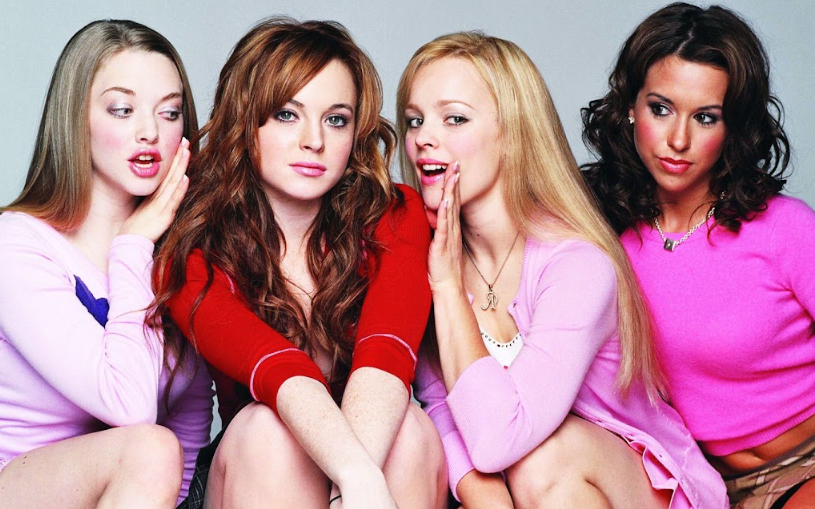High school experiences are painstakingly
misrepresented
By Josie Martinez, Reporter

Realizing that films and TV shows about the perfect highschool life are inaccurate is a hard pill to swallow—especially as teens go through adolescence. Adults cosplaying highschoolers who have everything they ever needed is exhaustively unrealistic. Complexities that exist within students are erased and are instead replaced with what is a common notion of ‘everyday high schoolers.’
For example, the film “Mean Girls” focuses on the social hierarchy that pulls high schoolers apart from each other—one that relies on wealth and looks. It’s built upon stereotypes of what the typical life of a teen is. They are built as one-dimensional characters with nothing to offer, which is not representative of these students. High schoolers are people with every-day challenges, difficulties with understanding their identities, and their own emotions. They are not defined by one thing, and assuming so erases everything else someone may deal with—no matter how big or small.
On the other hand, we see that “Euphoria,” a popular TV series, still glamorizes some of the negative parts of highschool and the social circles; it centers on the aspects of life that the media tends to avoid for younger generations. The show is not afraid to present viewers the battle with teen drug use as a coping mechanism and the struggles with relationships. “Euphoria” can romanticize these toxic behaviors and ultimately leads to misrepresentation of how teens really feel. While the topics in “Euphoria” certainly are present in teenagers’ lives, it brings it to a whole new level that oftentimes is unrealistic. “Euphoria” takes teens grappling with growing up and allows them to feel seen and connect with it. It takes time to understand and acknowledge each character’s identity, faults, and goals.
One thing that many of these shows have in common is the fact that these students have no life outside of school. A reason these shows and movies feel unrealistic is because they don’t truly show the full range of issues many go through during this incredibly turbulent time. From the pressure to get into college, find a good job, and just figure out what the rest of their lives entail; these shows exist in an idealist bubble where the most important issue is that their rival wore the same outfit as them or that their football team lost the big game. A great example of this is “Liv and Maddie,” a show that is centered around preteens that acclimates the viewers and makes them expect a certain experience in highschool when, oftentimes, it’s not the case. But, this really isn’t an issue with just “Liv and Maddie”—it’s something that all of these shows and movies have in common. It’ creates an idealized take on high schoolers, making both students and parents expect a certain outcome.
The idea that highschool is supposed to be this glamorous, party filled, exciting four years is an incredibly misleading trope that needs to graduate. Trying to live up to the standards these films promote can be mentally draining, eventually leading to burnout and feeling like there isn’t enough being done to have a fulfilling time.
